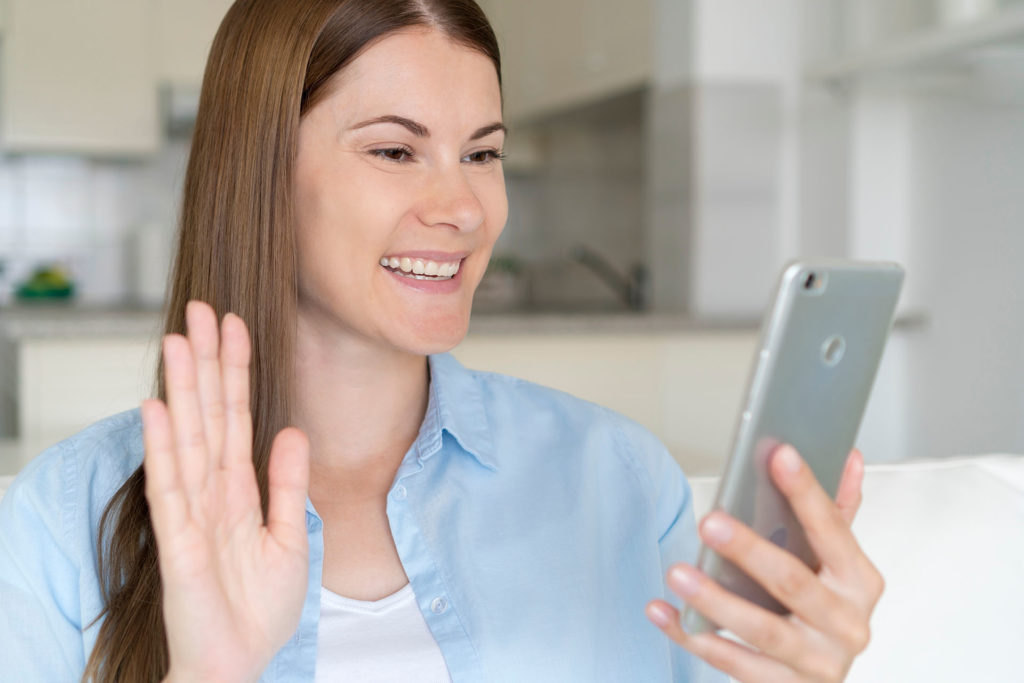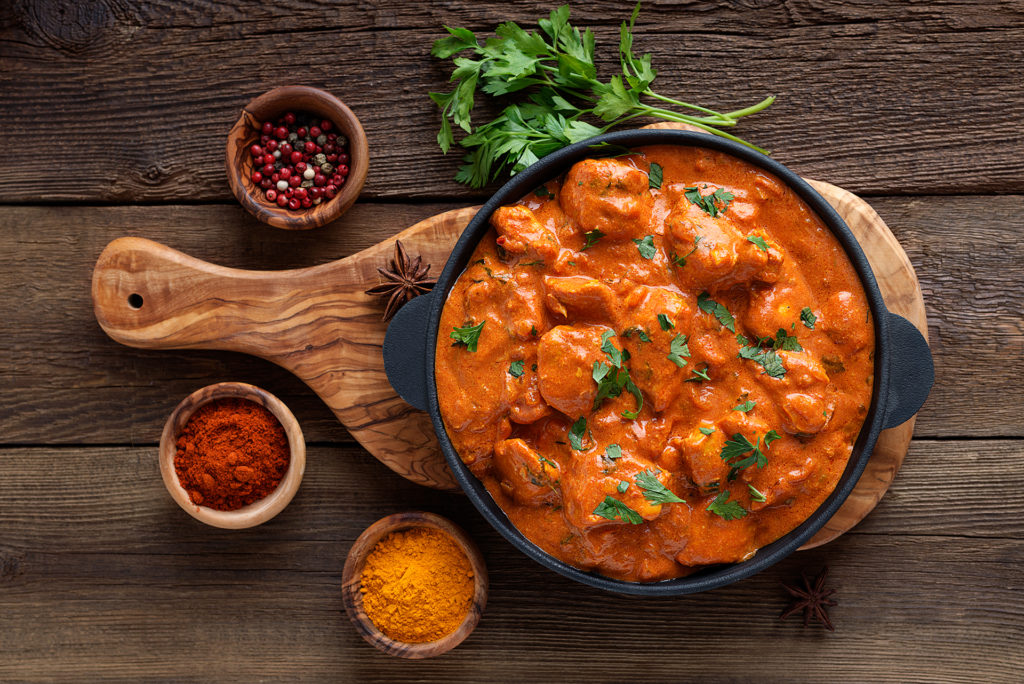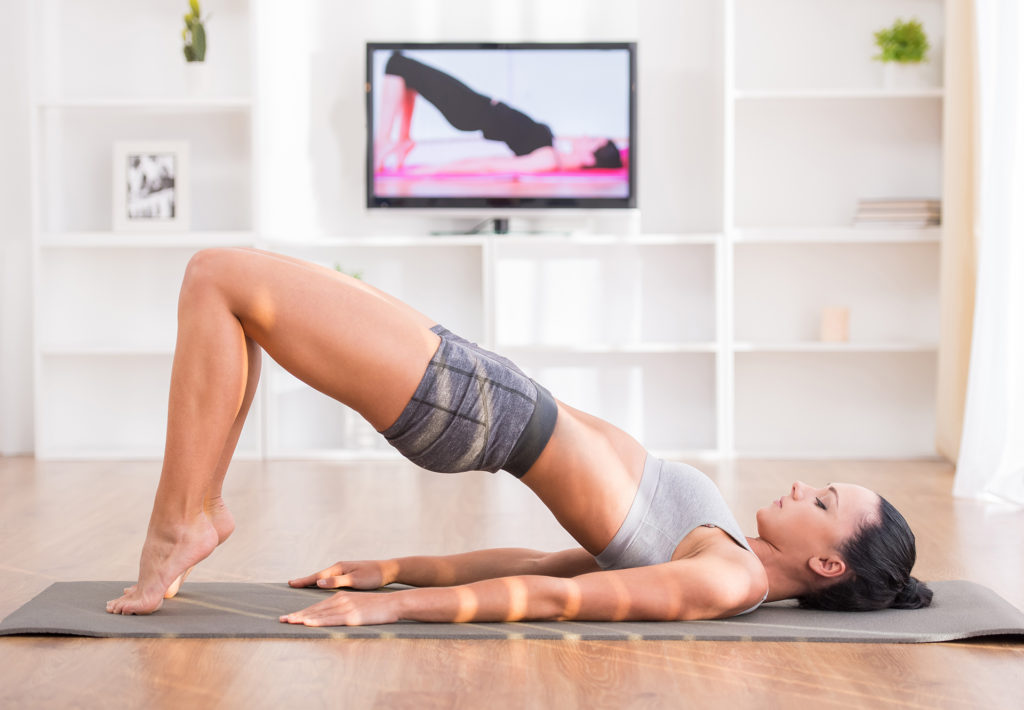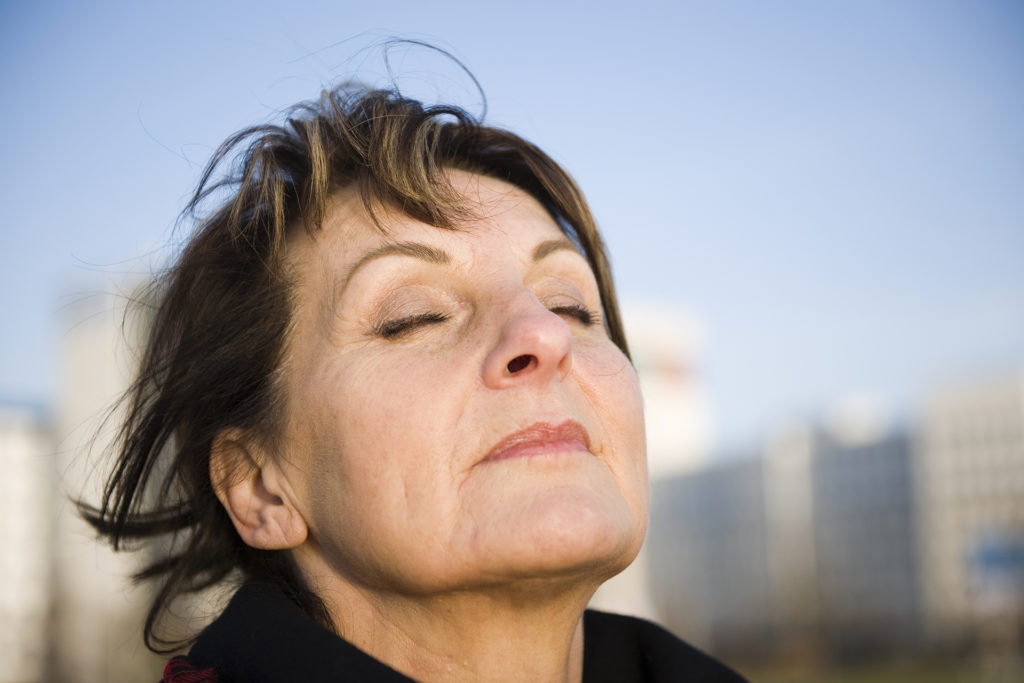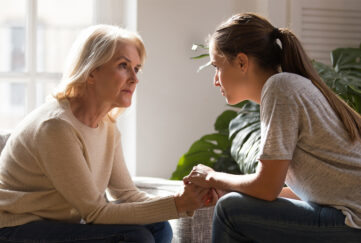Top Tips To Survive Self-isolation And Working From Home
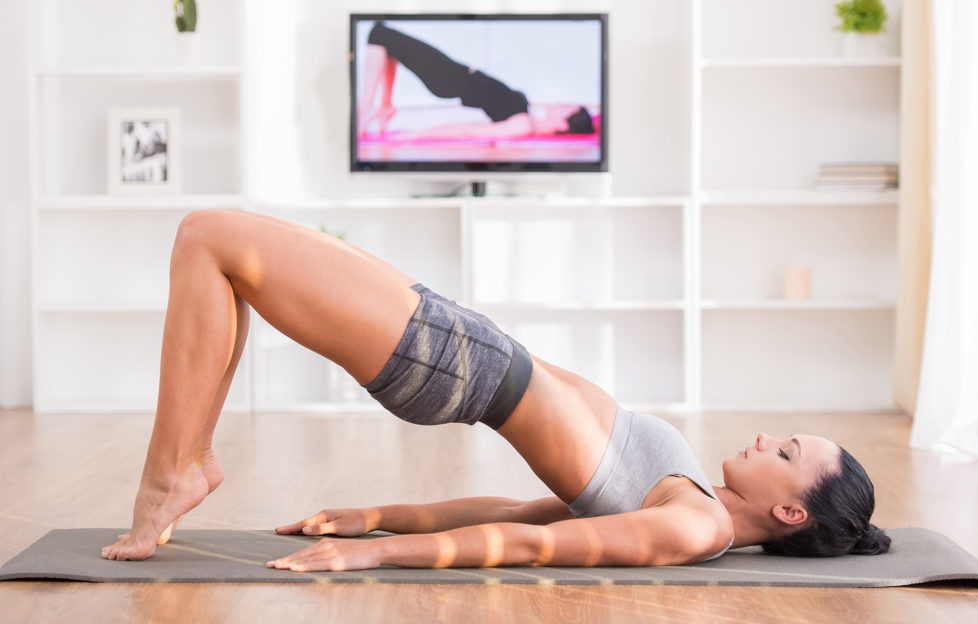
Courtesy of Second Nature
Keep a routine
Even though you might be out of your normal weekday routine, aim to wake up and go to bed at similar times each day, have set mealtimes, and exercise at similar times to usual. Unless you’re in quarantine, consider going for a quick walk to start your day and replicate your usual routine.
Stay digitally connected
Calling and messaging friends and family helps us stay positive and get some form of social interaction.
Prioritise self-care
Use any extra time to have a bath, cook a new recipe, meditate, practise a musical instrument, read a book, or anything you’ve wanted to do for a while!
Eat a healthy, balanced diet
Our physical and mental health are interlinked, so it’s important we provide our bodies with the vitamins and minerals it needs. Eating well also strengthens our immune system.
Keep moving
With gyms closing and recommendations to avoid group activities, it might be challenging to follow our usual exercise routine. However, don’t worry, there are plenty of ways you can stay active without leaving the house.
- Try a home workout
YouTube offers a huge amount of free exercise content for beginner https://www.youtube.com/watch?v=gC_L9qAHVJ8, intermediate https://www.youtube.com/watch?v=CBWQGb4LyAM, and advanced https://www.youtube.com/watch?v=JtvuRkMS3DA&t=1377s levels. Many of them are only 15-30 minutes long and require no extra equipment.
- Start ‘snacking’ on exercise
This means doing just 1-2 minutes of exercise as often as possible, whether that be press-ups, star jumps, squats, lunges, running on the spot, or going up and down the stairs a few times. Finding the time to exercise (https://www.secondnature.io/guides/myth-busting/finding-time-to-exercise) doesn’t always mean taking long periods of time out of our day. For example, doing squats while we wait for the kettle to boil, or jogging on the spot while our food heats up in the microwave.
- Consider a physical challenge
Many of us will be saving time in the day that we’d normally spend commuting to work or travelling to social events. This is a good opportunity to make the most of our extra free time and take on a new challenge, such as a 30-day yoga challenge (https://www.youtube.com/playlist?list=PLui6Eyny-UzzFFfpiil94CUrWKVMaqmkm).
Manage anxiety
Being bombarded with constant media about the pandemic can seem relentless and take its toll on our mental health. Especially for those of us who’re more vulnerable, live alone, or live with anxiety or depression.
For those of us who’re well, healthy, and not in social isolation, we should consider reaching out to older or more vulnerable members of our community to offer our time and support. Something as simple as picking up a prescription, doing a food shop, or even having a quick phone call to check-in can be a huge help to many people.
It’s incredibly important that we all take steps to protect and prioritise our mental wellbeing, for example:
- Chat to friends or loved ones
Staying socially connected via digital platforms is essential for our mental health when our social contact is limited. This might be calling or FaceTiming family members, neighbours, and friends on a regular basis.
- Meditation or deep breathing
Meditation is one of the best ways to reduce anxiety. If you’re new to meditation, try practising deep breathing with your eyes closed in a quiet room for 2 minutes each day.
- Practise yoga (https://www.youtube.com/watch?v=v7AYKMP6rOE&t=1270s)
Yoga encompasses the benefits of both exercise and meditation. One of the ways meditation is so effective is through controlled breathing, which is also practised in yoga. Yoga also increases our release of serotonin – the ‘happy’ hormone (https://books.google.co.uk/books/about/Yoga_as_Medicine.html?id=4TZRG4lTNngC&redir_esc=y).
- Use adult colouring books (https://www.amazon.co.uk/Adult-Colouring-Books-Anti-Stress-Patterns/dp/B018BB5S1K?ref_=s9_apbd_otopr_hd_bw_b17QM&pf_rd_r=163AT7MNNKN4TFD2EVSY&pf_rd_p=00a0115a-2644-5498-ab51-dd574fc388df&pf_rd_s=merchandised-search-10&pf_rd_t=BROWSE&pf_rd_i=266870 )
Colouring provides a cognitively stimulating mental activity, which can relieve stress and anxiety by providing our minds with a distraction.
- Monitor media exposure
It can be overwhelming to receive constant notifications about the virus, which lead us to panic and lose control of our thoughts. It’s important to stay informed right now, but consider checking reliable sources (e.g. NHS or WHO websites) for information once each day and turning off notifications in between.

